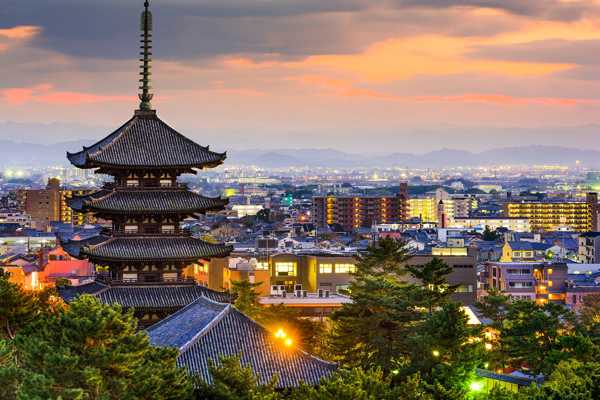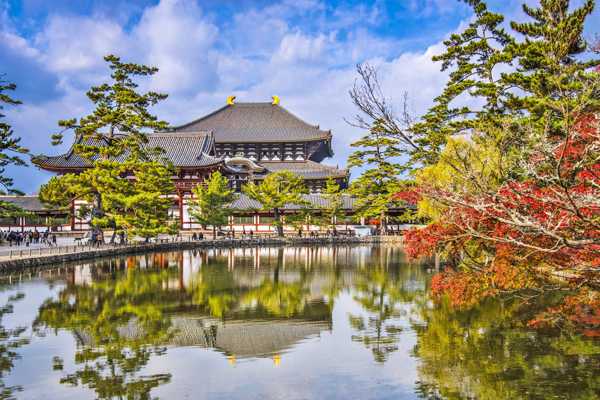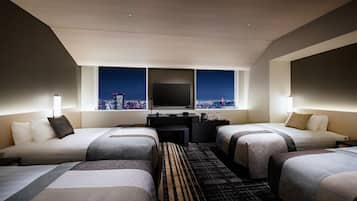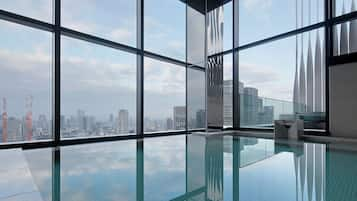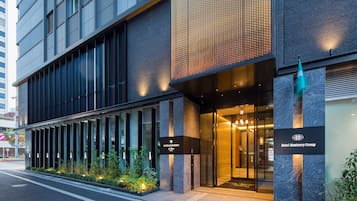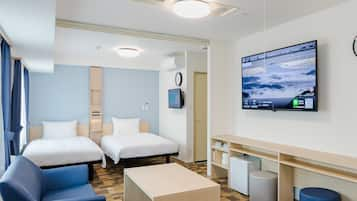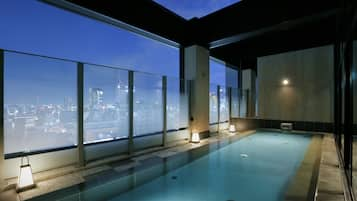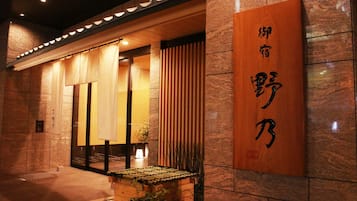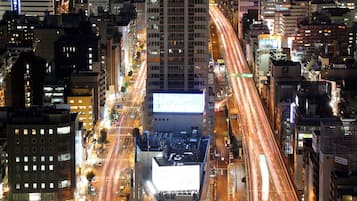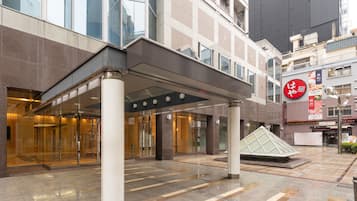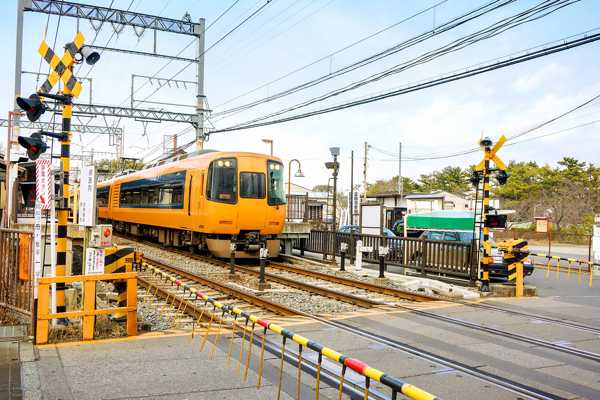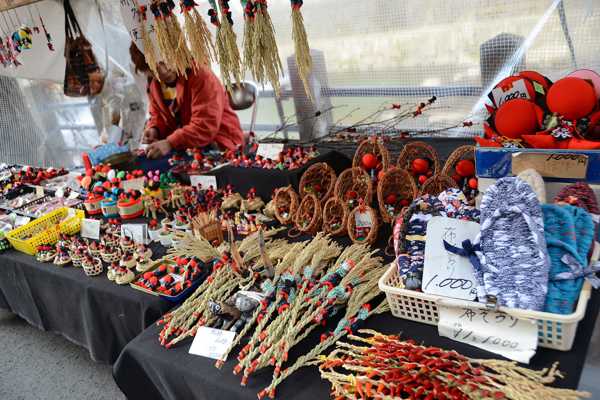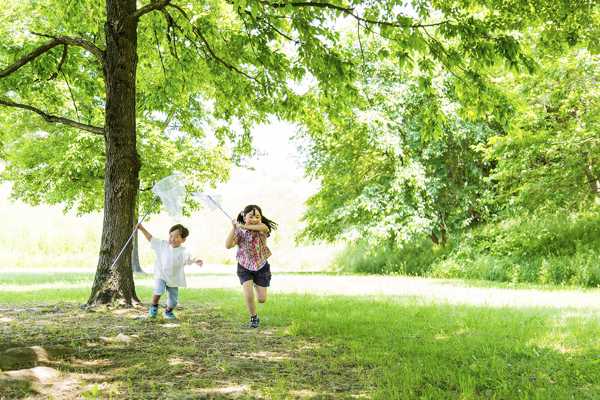The museums of Nara house spectacular collections of precious Buddhist art. If you plan to visit Nara, be sure to check the dates when secret Buddhas such as the Ashura Statue at Kofukuji Temple and the Kuze Kannon Bosatsu Statue at Horyuji Yumeden will be displayed to the public.
The popular "Shosoin Exhibition" is held every autumn at the Nara National Museum. The Naramachi Museum and the Naramachi Mechanical Toy Museum are also well worth a look.
- 1
Nara National Museum
Learn more about Japanese Buddhist art

- Bajet
- Pasangan
- Keluarga
- Sejarah
- Foto
The Nara National Museum is known as the first example of full-scale Western-style architecture in Nara, made up of various galleries including the Nara Buddhist Sculpture Hall, the Ritual Bronzes Gallery displaying Chinese ancient ritual bronzes, and the West Wing and East Wing, which are used as venues for special exhibitions and displays of Shoso-in treasures. It’s well worth visiting, especially for the annual exhibition of Shoso-in treasures held in autumn, which attracts many visitors.
The museum shop sells exhibition catalogues as well as goods designed in the motifs of Buddhist statues or the treasures of Shoso-in, making it a perfect place to look for souvenirs.
Lokasi: 50 Noboriojicho, Nara City, Nara Prefecture 630-8213, Japan
Buka: Tuesday—Thursday and Sunday: From 9.30 am to 5 pm, Friday—Saturday: From 9.30 am to 8 pm. Closed on Mondays (or on the next day if Monday is a public holiday) and from 28th December—1st January.
Telefon: +81 (0) 50-5542-8600
Peta - 2
Kofuku-ji Temple National Treasure Museum
A must-visit for precious Buddhist art

- Bajet
- Pasangan
- Keluarga
- Sejarah
Many designated National Treasures and Important Cultural Assets such as Buddhist sculptures, paintings, and artefacts that have been handed down in Kofuku-ji Temple are kept at the Kofuku-ji Temple National Treasure Museum. One of the most well-known exhibits is the statue of Asura (a fighting demon), a designated National Treasure, which has 3 faces and 6 arms. The 3 faces are said to represent the faces of childhood, puberty, and adolescence, with each having slightly different expressions.
You can also see impressive sculptures such as the statue of Senju Kannon Bosatsu (thousand-armed Kannon), the statue of Garuda with a bird's head, and the statue of Gobujo wearing an elephant-shaped crown.
Lokasi: 48 Noboriojicho, Nara City, Nara Prefecture 630-8213, Japan
Buka: Daily from 9 am to 5 pm
Telefon: +81 (0)742-22-5370
Petafoto oleh そらみみ (CC BY-SA 3.0) diubah suai
- 3
Isuien Garden & Neiraku Museum
A famous garden and museum offering tranquillity in the centre of the ancient city

- Bajet
- Pasangan
- Keluarga
- Sejarah
- Foto
Isuien Garden is one of Nara’s most famous circuit-style gardens, and you’ll find the Neiraku Museum right here. Isuien Garden is divided into a front garden and a rear garden. The front garden was built in the early Edo period and the rear garden was built in the Meiji era to benefit from the surrounding scenery, including Mt. Wakakusa and the Nandai-mon Gate of Todai-ji Temple, creating the impression of space.
One of the most famous works in the collection of the Neiraku Museum is the Matamata Ichiraku-jo (a designated Important Cultural Asset), a collection of 13 works painted by Tanomura Chikuden, a literati painter in the late Edo period, in his later years. The paintings of this collection are displayed one by one only in spring and autumn.
Lokasi: 74 Suimoncho, Nara City, Nara Prefecture 630-8208, Japan
Buka: From 9.30 am to 4.30 pm (April—May: From 9.30 am to 5 pm) (closed on Tuesdays, or next weekday if Tuesday is a public holiday) *Closed from the end of December to mid-January and during late September for garden maintenance
Telefon: +81 (0)742-25-0781
Peta - 4
Irie Taikichi Memorial Museum of Photography Nara City
Appreciate the work of a master photographer of Japanese scenery

- Bajet
- Pasangan
- Keluarga
- Sejarah
- Foto
Irie Taikichi Memorial Museum of Photography Nara City mainly exhibits the works of Taikichi Irie, a photographer who spent half a century taking pictures of the landscapes and cultural assets of Nara and Yamato. Taikichi Irie was born in Katahara-cho, located in the former precincts of Todai-ji Temple, and is famous for his 30-year coverage of the Shuni-e ritual of Todai-ji Temple, also known as the Omizutori (water ceremony).
The museum built next to Shinyakushi-ji Temple was designed by Kisho Kurokawa. Café Fleur on the ground floor is open to both visitors and non-visitors, so why not stop by during your walk?
Lokasi: 600-1 Takabatakecho, Nara City, Nara Prefecture 630-8301, Japan
Buka: From 9.30 am to 5 pm (closed on Mondays, public holidays, the day after a public holiday, December 27th—January 3rd, and during exhibition changes)
Telefon: +81 (0)742-22-9811
Peta - 5
Naramachi Museum
Learn about the lifestyles of ordinary Nara people during the Edo period

- Bajet
- Pasangan
- Keluarga
- Sejarah
- Foto
Naramachi Museum is located on the former site of the Kondo (Main Hall) of Gango-ji Temple. It’s a privately-owned small museum built in 1985 to showcase free of charge the cityscape and cultural treasures of Nara, a display of traditional everyday tools, Buddhist statues, and fine arts that convey the lives and beliefs of the common people.
At the entrance of the museum you’ll find migawari-saru (fortune monkeys), amulets used in the Koshin faith that spread in the Edo period, and you can even buy one as a souvenir.
Lokasi: 14-2 Nishinoshinyacho, Nara City, Nara Prefecture 630-8334, Japan
Buka: Daily from 10 am to 5 pm
Telefon: +81 (0)742-22-5509
Petafoto oleh 663highland (CC BY-SA 3.0) diubah suai
- 6
Kehaya-za Sumo Museum
A unique museum in Japan's birthplace of sumo

- Bajet
- Pasangan
- Keluarga
- Sejarah
- Foto
The Kehaya-za Sumo Museum in the Taima district of Katsuragi City is unusual even in Japan. According to the Nihonshoki (Chronicles of Japan), Nomino Sukune from Izumo and Taimano Kehaya from Katsuragi met to have a fight, and that was the origin of sumo. The museum was established in 1990 to honour Taimano Kehaya.
In addition to enjoying around 10,000 sumo-related exhibits, you can step out onto a full-size sumo ring and sit on the sajiki-seki (elevated wooden seats). The museum also provides a sumo experience program for children.
Lokasi: 83-1 Taima, Katsuragi City, Nara Prefecture 639-0276, Japan
Buka: From 10 am to 5 pm (closed on Tuesdays and Wednesdays (excluding holidays) and from 28th December—4th January)
Telefon: +81 (0)745-48-4611
Petafoto oleh Lytt (CC BY-SA 4.0) diubah suai
- 7
NARAMACHI-KARAKURI Toy Museum
Play with mechanical toys from the Edo period

- Bajet
- Pasangan
- Keluarga
- Sejarah
- Foto
NARAMACHI-KARAKURI Toy Museum is a hands-on museum that allows you to play with traditional toys while enjoying the old atmosphere of Nara-cho (karakuri is a term that refers to Japanese traditional mechanical devices). It’s located in Inyo-cho, a town where onmyoji, diviners in ancient Japan who made almanacs, used to live.
In this 120-year-old townhouse, you can enjoy restored karakuri toys from the Edo period on permanent display, and you can even pick them up and play with them. The museum is managed by an NPO as a place for local people and tourists to deepen exchanges, and a workshop for learning how to make karakuri toys is held every month.
Lokasi: 7-banchi Inyocho, Nara City, Nara Prefecture 630-8338, Japan
Buka: From 9 am to 5 pm (closed on Wednesdays and from 29th December—3rd January)
Telefon: +81 (0)742-26-5656
Petafoto oleh Degueulasse (CC BY-SA 3.0) diubah suai
- 8
Nara Prefectural Museum of Art
A museum renowned for its special exhibitions

- Bajet
- Pasangan
- Keluarga
- Sejarah
- Foto
The Nara Prefectural Museum of Art is located near major tourist destinations in Nara City, such as Todai-ji Temple, Kofuku-ji Temple, and Nara Park. The museum has a collection of more than 4,000 excellent works, which include modern Japanese paintings, Japanese woodblock prints, and artefacts created from the Kamakura era to the present.
The museum is also known for its special exhibitions, with past events having included William Morris: Tracing the History of Design with Original Landscapes, Picture Books from Czechia and Slovakia, and Egon Schiele and Vienna at the End of 19th Century, attracting a lot of visitors.
Lokasi: 10-6 Noboriojicho, Nara City, Nara Prefecture 630-8213, Japan
Buka: Daily from 9 am to 5 pm (closed on Mondays (or on the next weekday if Monday is a public holiday), over New Year holidays, and during exhibition replacement)
Telefon: +81 (0)742-23-3968
Petafoto oleh Degueulasse (CC BY 3.0) diubah suai
- 9
Todai-ji Temple Cultural Centre
Learn about the history and culture of Todai-ji Temple

- Bajet
- Pasangan
- Keluarga
- Sejarah
The Todai-ji Temple Cultural Centre is a complex facility containing the Todai-ji Museum, a library, a hall, research institutes, cafés and shops.
At the Todai-ji Museum, which exhibits the treasures of Todai-ji Temple, you can learn all about the temple's 1,300-year history. Some of the most famous exhibits include Buddhist artwork such as the standing statues of Senju-Kannon Bosatsu (the thousand-armed Kannon), Nikko and Gakko Bosatsu (designated National Treasures), and Jikokuten and Tamonten. You can get a discount if you purchase a combined pass for the Todai-ji Museum and the Great Buddha Hall.
Lokasi: 100 Suimoncho, Nara City, Nara Prefecture 630-8208, Japan
Buka: Todai-ji Museum: April—October: Daily from 9.30 am to 5.30 pm, November—March: Daily from 9.30 am to 5 pm (Refer to the official website to check for holidays: http://culturecenter.todaiji.or.jp/news/index.html)
Telefon: +81 (0)742-20-5511
Peta - 10
Nara Palace Site Museum
Experience the Tenpyo culture that has blossomed in Nara

- Bajet
- Pasangan
- Keluarga
- Sejarah
- Foto
The Nara Palace Site Museum was opened in 1970 as an exhibition facility to convey the results of excavation and research conducted by the Nara National Research Institute for Cultural Properties.
In the permanent exhibition, in addition to seeing various articles from the former site of Nara Palace, such as earthenware, roof tiles, and mokkan (wooden strips), you can see a life-size replica envisioning a government office's interiors at the Government Office Reconstruction Display Room and gain a glimpse inside the Royal Residence in the Palace Reconstruction Display Room. This is a full-scale archaeological museum that explains how people lived about 1,300 years ago.
Lokasi: 2-9-1 Nijocho, Nara City, Nara Prefecture 630-8002, Japan
Buka: From 9 am to 4.30 pm (closed on Mondays (or on the next day if Monday is a public holiday) and from 29th December—3rd January)
Telefon: +81 (0)742-30-6753
Peta


